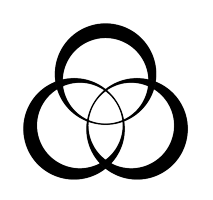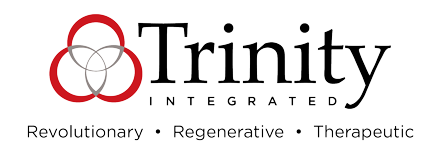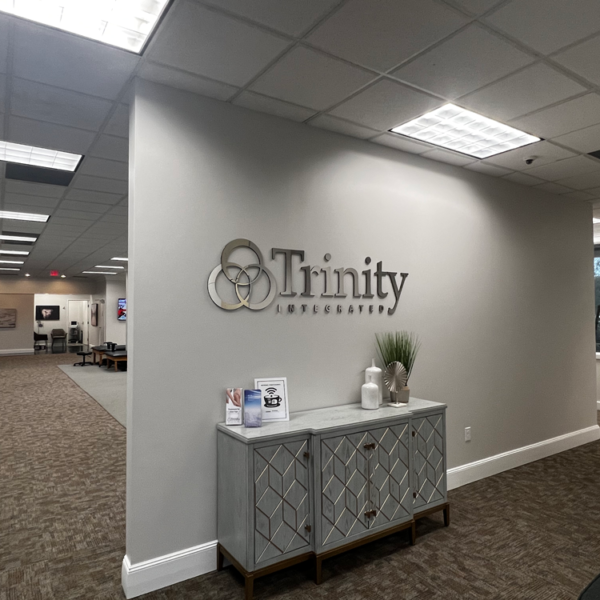
Regenerative Medicine
Regenerative Medicine in Carrollton, TX
Regenerative medicine is defined as a branch of medicine concerned with developing therapies that regenerate or replace injured, diseased, or defective cells, tissues, or organs to restore or establish function and structure. It currently comes in various forms. The most popular types of regenerative medicine therapies include:
- Platelet Rich Plasma Injections (PRP Therapy) – performed in our office
- Amniotic Allograft Injections – performed in our office
- Wharton’s Jelly Allograft Injections – performed in our office
- Adipose Tissue Autograft Injections -**not performed in our office
- Bone Marrow Aspirated Injections -**not performed in our office
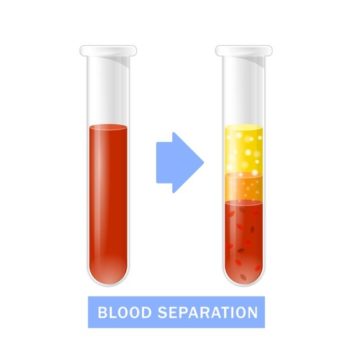 Platelet Rich Plasma is when you draw blood, spin that blood in a centrifuge which separates the red blood cells from the plasma (containing platelets), thus concentrating the growth factor in the plasma (approximately 4 times as much) and then injecting the platelet rich portion of the plasma back into the tissue or joint space to enable advanced healing. This therapy is often recommended for individuals with soft tissue injuries (sprain/strains), inflamed tendons or ligaments (tendonitis), old injuries that have produced scar tissue as the result, or inflamed joints (aka arthritis). It is shown to be slightly more effective in individuals under the age of 40 but has delivered amazing results in older individuals as well.
Platelet Rich Plasma is when you draw blood, spin that blood in a centrifuge which separates the red blood cells from the plasma (containing platelets), thus concentrating the growth factor in the plasma (approximately 4 times as much) and then injecting the platelet rich portion of the plasma back into the tissue or joint space to enable advanced healing. This therapy is often recommended for individuals with soft tissue injuries (sprain/strains), inflamed tendons or ligaments (tendonitis), old injuries that have produced scar tissue as the result, or inflamed joints (aka arthritis). It is shown to be slightly more effective in individuals under the age of 40 but has delivered amazing results in older individuals as well.
Amniotic Allografts are derived from the amniotic fluid within the amniotic sac used to protect, lubricate and cushion. They are solely composed of amniotic fluid and do not contain any lyophilized or micronized membrane.
These 0.5, 1.0 and 2.0 mL injections are provided in a vial as a ready to use flowable graft, with no thawing or prep required. It is stored at room temperature (50-86°F/10-30°C) until ready for use. The product has a 1-year shelf-life. They are provided in an easy to apply flowable form, for precise delivery throughout the intended site.
The manufacturer of these amniotic liquid allografts have tested them for potentially infectious diseases and terminally sterilized them to ensure the safety of each liquid allograft. Each donor has been assessed for high-risk behavior and relevant diseases. The donated tissue has been deemed acceptable for transplant and all laboratories performing these tests are registered with the FDA and certified to perform testing on human specimens under CLIA and 42 CFR part 493, or equivalent requirements.
Commonly treated conditions include:
• Sports Injuries
• Joint pain
• Tendonitis
• Fasciitis
• Muscle & Meniscus tears
• Wound Care
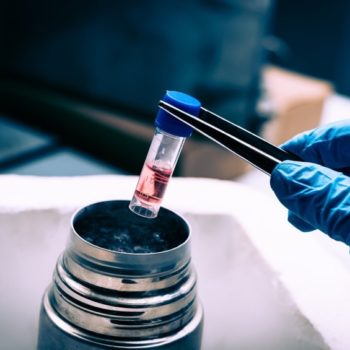 Wharton’s Jelly Allografts are structural connective tissue allografts intended for homologous use to replace or supplement missing or damaged tissue directly at the site of the structural defect. Wharton’s Jelly is processed to preserve the structural integrity and original characteristics of the connective tissue relating to its utility to supplement missing or damaged tissue in the recipient.
Wharton’s Jelly Allografts are structural connective tissue allografts intended for homologous use to replace or supplement missing or damaged tissue directly at the site of the structural defect. Wharton’s Jelly is processed to preserve the structural integrity and original characteristics of the connective tissue relating to its utility to supplement missing or damaged tissue in the recipient.
What is a structural defect? A defect is defined as missing or damaged tissue in the body. Missing or damaged often compromises the stability and structural integrity of its surrounding area.
Wharton’s Jelly Allograft does not contain any material obtained from the embryo or fetus. It also contains high concentrations of hyaluronic acid (joint lubricant) and growth factors and is processed from human tissue, donated following full term, c-section deliveries, in accordance with the FDA.
If you may be dealing with a condition that has left you with a structural or functional defect, ask if you could benefit from a Wharton’s Jelly Allograft.
** Adipose Tissue Autograft Injections require a procedure wherein the stem cells from a patient’s adipose tissue (fat cells) are repurposed to help them with an injured or damaged body party. Stem cell procedures are typically performed in clinics that specialize in these procedures. The doctors and practitioners, who have had ample experience with the stem cell procedure, remove the stem cells from the patient and placing them at the sight at which they are required. This way they can tackle the damaged cells head on and replace them with healthy cells which reduces the pain and effect of the damaged cells. This method of regenerative medicine is currently not available at the Trinity Integrated Medical office.
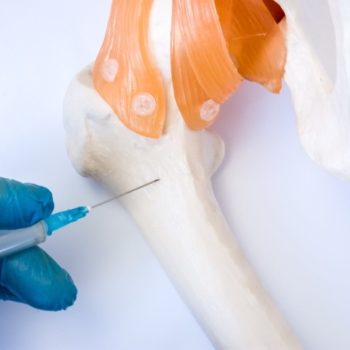 ** Bone Marrow Aspirate derived stem cells require the most invasive procedure of all the various forms of regenerative medicine treatments. Bone marrow is removed from the hip by drilling or “tapping” a small hole through the outer cortex of the bone and scooping out a small amount of bone marrow. This bone marrow contains Hematopoietic Stem Cells (HSCs) and Mesenchymal Stem Cells (MSCs) which are separated from each other. HSCs can differentiate into all types of blood cells, spurring the production of white and red blood cells and platelets, the three main components of the blood. These substances perform important functions in the body and a deficiency can be fatal. However, MSCs, when re-injected, can spur the production of cartilage, connective tissue, fat, bone and muscles. This method of regenerative medicine is currently not available here at the Trinity Integrated Medical office.
** Bone Marrow Aspirate derived stem cells require the most invasive procedure of all the various forms of regenerative medicine treatments. Bone marrow is removed from the hip by drilling or “tapping” a small hole through the outer cortex of the bone and scooping out a small amount of bone marrow. This bone marrow contains Hematopoietic Stem Cells (HSCs) and Mesenchymal Stem Cells (MSCs) which are separated from each other. HSCs can differentiate into all types of blood cells, spurring the production of white and red blood cells and platelets, the three main components of the blood. These substances perform important functions in the body and a deficiency can be fatal. However, MSCs, when re-injected, can spur the production of cartilage, connective tissue, fat, bone and muscles. This method of regenerative medicine is currently not available here at the Trinity Integrated Medical office.
BOOK YOUR APPOINTMENT WITH OUR INTEGRATED MEDICAL PRACTICE

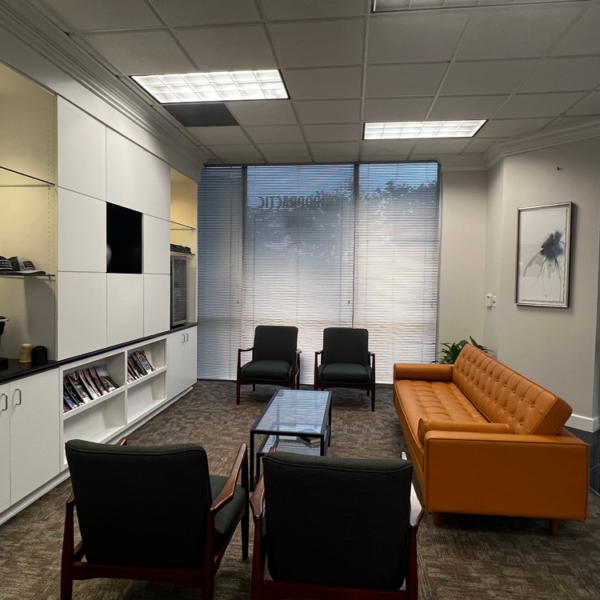
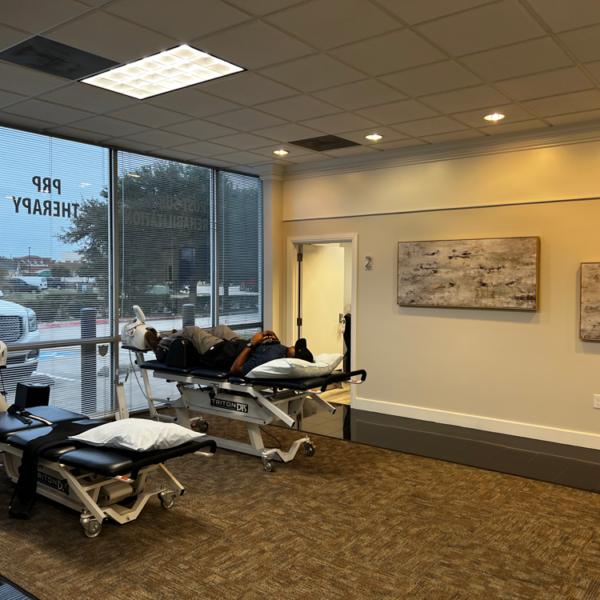
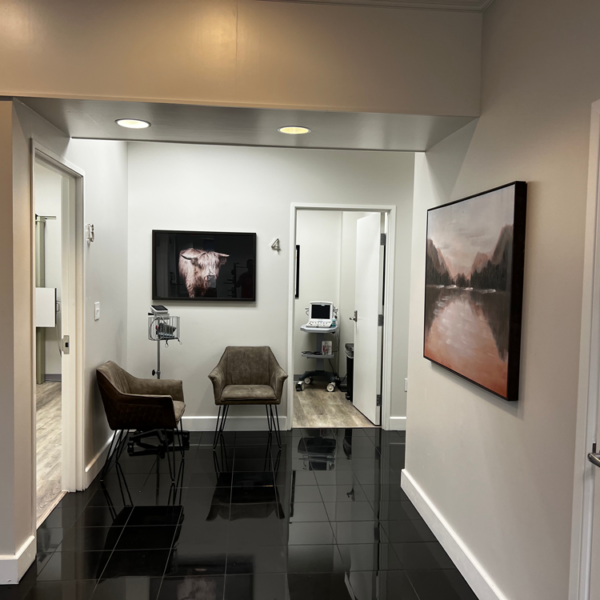
Our philosophy for treatment is simple. We treat our patients just like they are family! We encourage them to live a more healthy lifestyle with an emphasis on movement. We believe that motion is the key to life. When you’ve lost your motion, you’re not really living. We address not only your aches and pains with our treatments, but your overall function is our concern as well. We strive to treat everyone the way we would want to be treated.
Our mission is to raise up a healthy community without the use of needless drugs and surgeries, educating them in the proper care of the human frame and its role in the prevention of disease.
